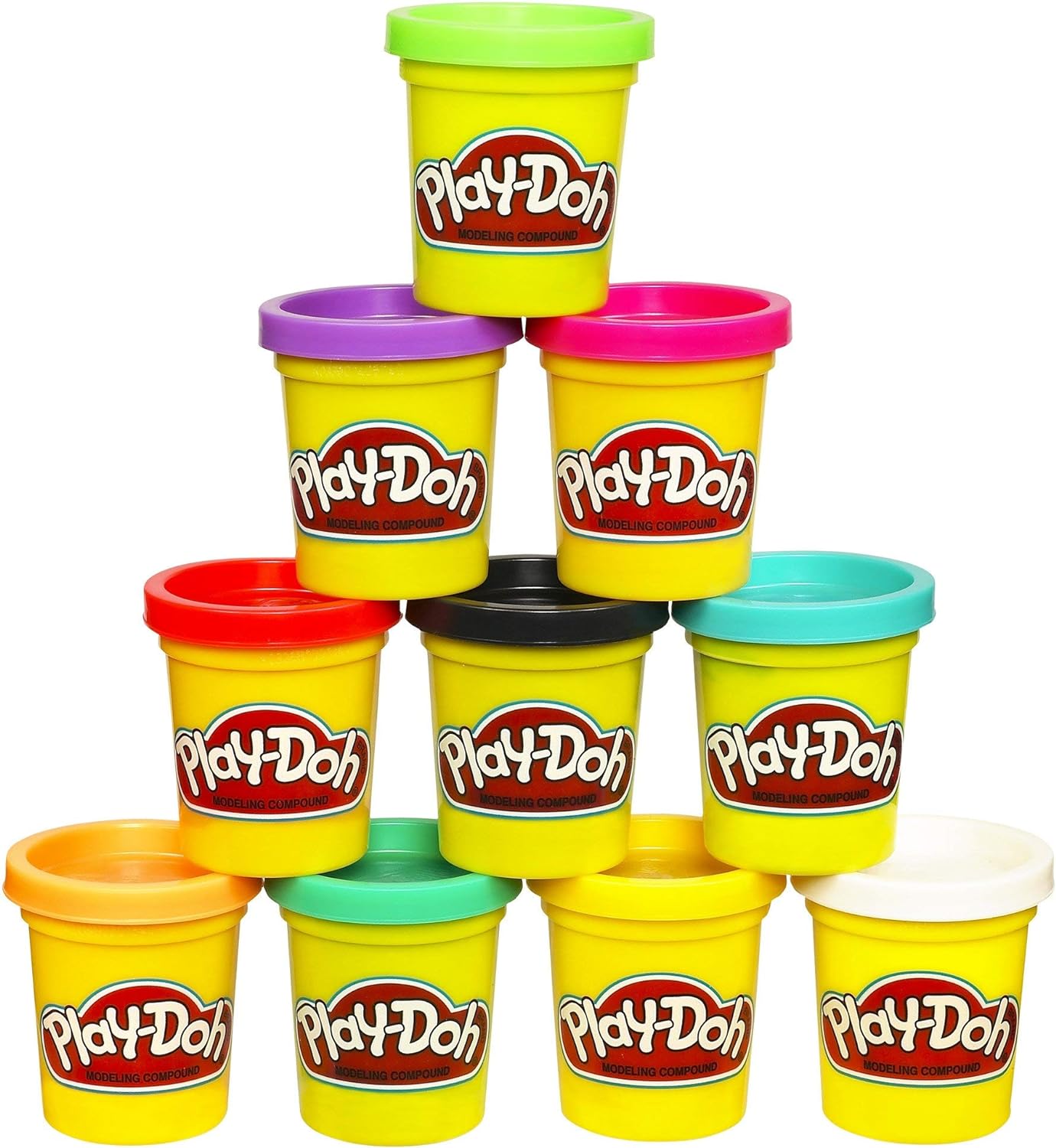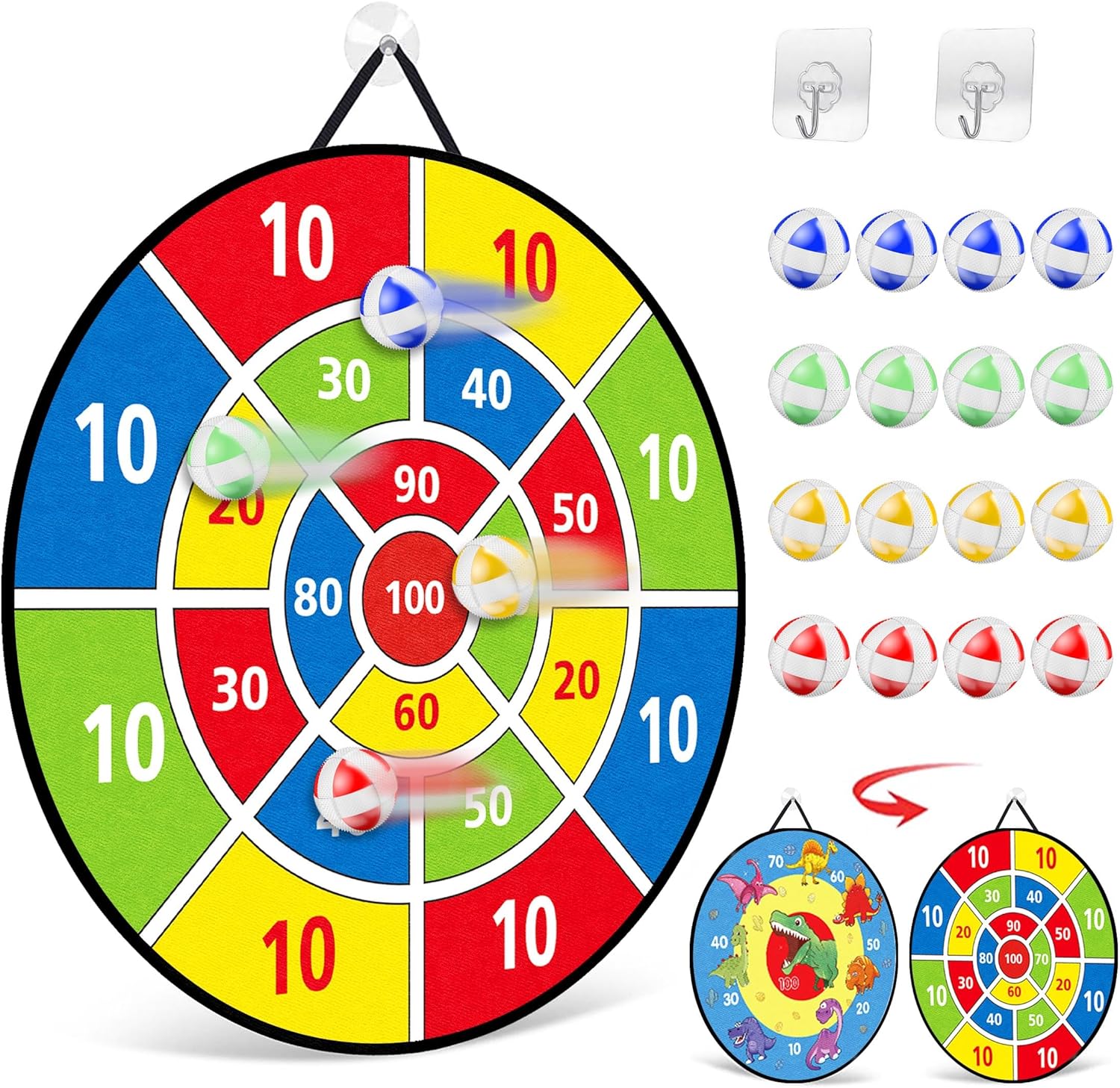The words we choose when speaking to children can have a long lasting impact on their emotional and psychological development. It’s crucial to be mindful of what we say, ensuring our language promotes positivity and growth. Here are eight things you should never say to children and why.
Related Products You Might Like

Baseball Batting Stand Set

Modeling Compound

Dart Board for Kids
"(Paid Links)" 
You’re so smart!
While this might seem like a compliment, it can create a fixed mindset. Children might fear failure and avoid challenges to maintain their "smart" label. Instead, praise their effort and resilience by saying, "I’m proud of how hard you worked on this."

Stop crying. It’s not a big deal.
Dismissing a child’s emotions can make them feel invalidated and misunderstood. It’s important to acknowledge their feelings and offer support. Try saying, "I see you’re upset. Let’s talk about what’s bothering you."
Why can’t you be more like [sibling/friend]?
Comparing children to others can damage their self-esteem and foster sibling rivalry or resentment. Celebrate their individuality by saying, "I appreciate the unique qualities you bring to our family."
You’re too sensitive.
Labeling a child as "too sensitive" can make them feel ashamed of their emotions. Instead, recognize their feelings and help them navigate their sensitivity. Say, "It’s okay to feel deeply. Let’s find a way to express those feelings."

Because I said so.
While it might be tempting to use this phrase for quick compliance, it shuts down communication and doesn’t teach children reasoning or critical thinking. Instead, explain your decisions with, "I’m asking you to do this because…"
You never do anything right.
This statement can be extremely damaging, leading to feelings of worthlessness and incompetence. Focus on specific behaviors rather than making generalized negative statements. Try, "Let’s work on this together and see how we can improve."

You’re driving me crazy!
Blaming children for your emotions can make them feel guilty and responsible for your feelings. It’s important to manage your emotions independently and communicate calmly. Instead, say, "I’m feeling overwhelmed right now. Let’s take a break and talk later."
I wish you were more like…
Expressing a desire for your child to be different can undermine their confidence and self-worth. Appreciate and encourage their unique traits and abilities. Say, "I love who you are and what you bring to our family."
Conclusion
Children are highly impressionable, and the language we use with them shapes their self-image and worldview. By avoiding negative or dismissive statements, we can make a supportive and nurturing environment that encourages healthy emotional and psychological development. Always strive to communicate with empathy, understanding, and positivity, reinforcing their value and potential.



